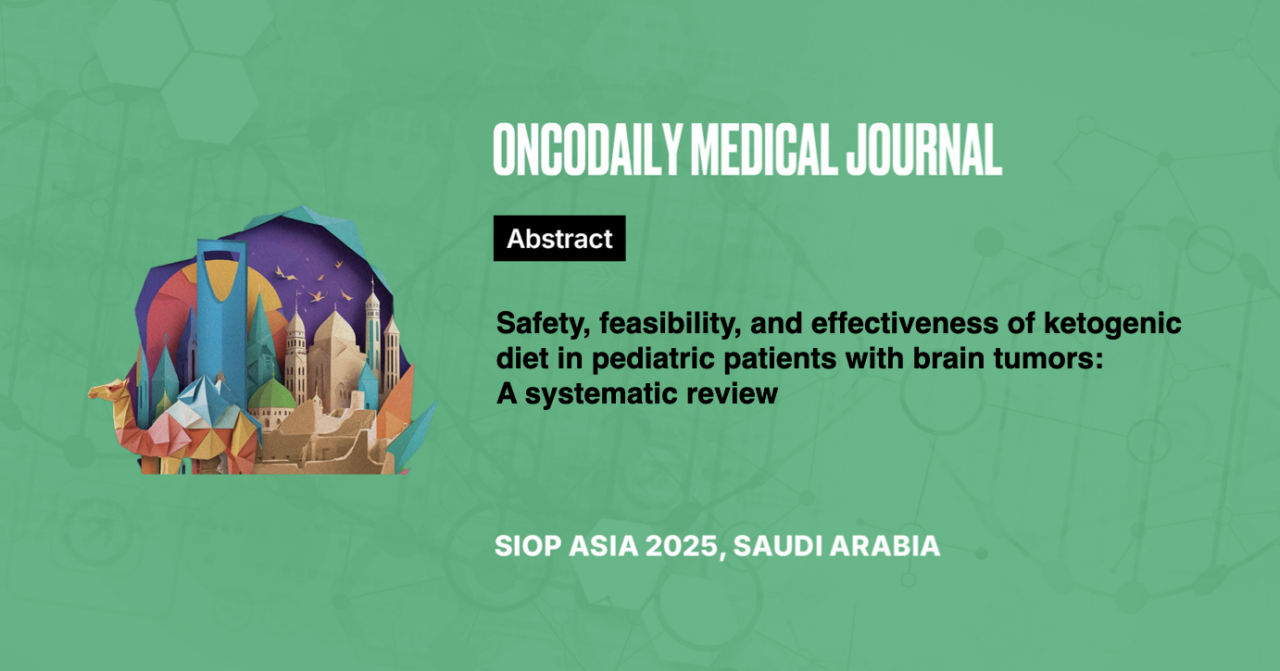Safety, feasibility, and effectiveness of ketogenic diet in pediatric patients with brain tumors: A systematic review
Abstract
Introduction: Evidence suggests positive effects of ketogenic diet (KD) on cancers by limiting glucose availability to cancer cells. This systematic review aimed to explore the safety, feasibility, and effectiveness of KD in children with brain tumors including diet side effects, patient tolerance and compliance, tumor response, quality of life, and nutritional status.
Methodology: Six databases were searched for relevant publications between 1995 and 2022; non-English language publications were excluded to avoid misinterpretation. The Joanna Briggs Institute assessment scale for observational studies was used to measure study methodology quality and evaluate the extent to which the bias possibility in study design, conduct, and analysis has been stated. The study was registered in PROSPERO under registration number (CRD42021281620)
Results: Ultimately eight eligible publications involving a total of 11 children with brain tumors following a ketogenic diet were included. Nine patients followed a classic ketogenic diet with medium-chain triglyceride oil whereas others followed a modified Atkin or low-carbohydrate diet. KD was well-tolerated, having non-severe side effects. Six patients showed positive tumor response, five improved neurological skills, and four reported growth improvement. Six patients reported a median overall survival of 17.6 months. Lastly, statistical analyses could not be performed; hence, a meta-analysis was not possible.
Conclusion: Ketogenic diet may be a safe and feasible dietary intervention for children with brain tumors. However, the effects on tumors remain unclear and require further study. The study limitation included the lack of high-quality and appropriately controlled trials with large samples. Moreover, heterogeneity was observed, and quality of life assessments were self-reported, which might have resulted in bias or inaccuracy.





